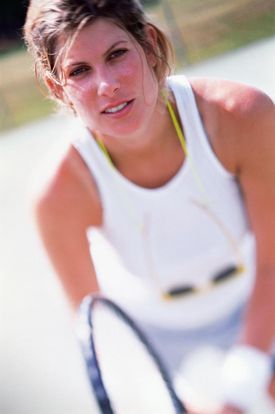12 weeks and 5 days pregnant

This image is a close-up of your baby’s umbilical cord. The umblical arteries can be seen as they carry blood from the baby to the placenta. As there are no nerve fibres in the cord, your baby is unaware that this is happening – or even that the cord is there.
You and your partner will be developing your own special relationship with your baby.
At this point in your pregnancy, you won’t be able to feel your baby move. It will also be a little while before your baby will be able to hear and recognize your voice and that of your partner, or hear other sounds, such as music. Nevertheless, some women still enjoy talking to their babies, feeling that it brings them closer to the baby, and it certainly does no harm! Do whatever feels natural for you, whether that is talking out loud or in your head. You might want to think of an interim name for your baby. This might be “the bump” or “the bean” or an in-joke between you and your partner. It can be helpful to give your baby an identity because it’s difficult to talk about him or her at this relatively early stage, and when you don’t know the gender.
If you’re still keeping the pregnancy a secret in some quarters, using a code phrase to refer to the pregnancy may be useful in some circumstances.
The second trimester is generally when fatigue lifts, and you begin to feel more energetic. This is a great time to continue your exercise programme, making good use of your increased energy levels before you are too big and too uncomfortable to move and enjoy being fully active.
While you’re encouraged to continue to exercise during the second trimester, there are some high-risk exercises that should be avoided. You should avoid any activity that potentially could cause you to fall, activities that involve a high degree of balance and agility, and specifically exercises that require lying on your back for extended periods, or twisting of the upper body. Changes in your centre of gravity can increase the chances of stumbling and falling, risking injury to you and your baby.
The following activities are best avoided during your second (and third) trimesters:
Vigorous exercise at a high altitude (unless you are used to it)
Diving and scuba diving
Road or mountain cycling
Rock climbing
Skiing, snow boarding, and waterskiing
Ice skating/ice hockey
Horseriding
Bungee-jumping!

Non-contact sports such as tennis and badminton are ideal in the second trimester as there is a low risk of injury. Play opponents at a similar, not higher, standard to yourself so that you don’t over-exert yourself.
Your baby’s many different movements are vital for his development.
As your baby twists and stretches his body, flails his arms and legs, and moves his head, he is helping his skin to grow normally and his bones, muscles, and joints to mature.
Be the first to support
Be the first to share
Comment (0)
Related Blogs & Vlogs
No related events found.
Loading more...